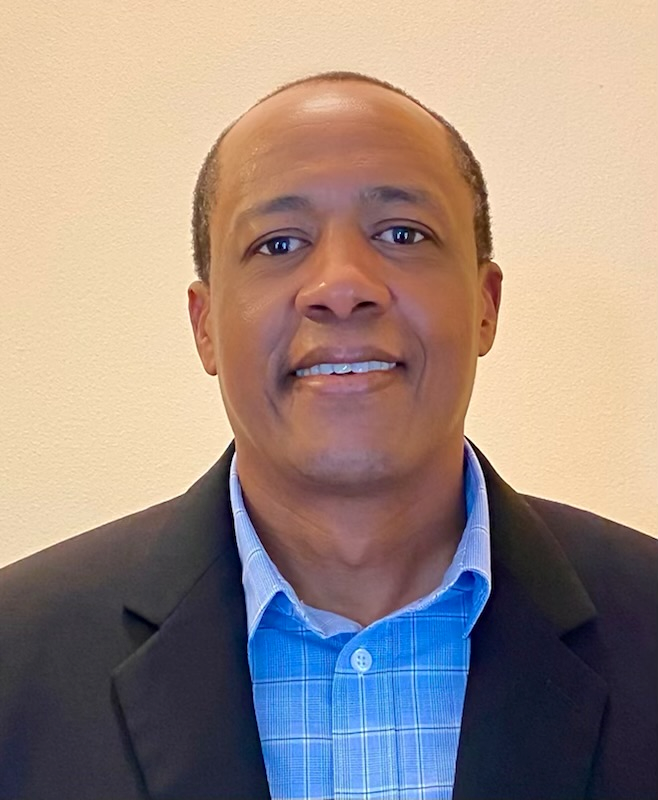Walter Suza guest column: The harsh reality of migrants' journey to the U.S. border
Dear Wilson,
I am sorry for not addressing you by your real name. Your identity was protected in the video about migrants’ journeys to the United States. Nick Paton Walsh, who reports for CNN International and spoke to you in the video, said you are from Haiti. You must be about 5 years old.
How parents find the courage to take their children on a 3,000-mile journey that could cost their lives is beyond my imagination. Your parents took the risk of hiring porters to carry you faster across the Darién Gap — a 66-mile jungle trail from Colombia to Panama. How a child ends up alone in the dangerous trail is beyond heartbreaking.
The five-day walk through the Darién Gap is not just hard on the body. It exposes migrants to injuries, disease, drug cartels, predators, robbers and marauders. Then one of the scariest things happened. The porters rushed forward too fast and you became separated from your parents. How terrifying it must have felt.
There you were, Wilson, alone with strangers on “one of the world's most dangerous routes” and “a minefield of lethal snakes, slimy rock and erratic riverbeds,” as Walsh described from his experience traveling with the migrants.
How sad it must have felt to think you may never see your parents again. Even though I’m not sure how you ended up in South America, I suspect your parents migrated there after the 2010 earthquake in Haiti. The earthquake left hundreds of thousands of Haitians dead and destroyed the infrastructure for clean water and health care. But life became tough even in South America, forcing your family to trek to the United States.
There you were Wilson, alone, screaming, “Mama. Mama.” When Walsh asked you, "Are you going to America? You nodded no. Then you smiled and said: “To Miami.” Then the caption read: “My father is going to build me a swimming pool.” You also said to Walsh that when you grow up you would work in school. Such astonishing spirit to see hope in the hopeless. The kingdom of God belongs to children like you, Wilson, that’s what Jesus taught us.
I bet the 130,000 people who have seen you in the video were relieved to learn that you were reunited with your parents. But despite the relief I felt, the jungle still presented enormous danger. Migrant lives have been lost to the grueling journey. Walsh and his team were unable to confirm in the video whether you and your family made it into Panama. I pray that you are OK.
I also want you to know it was never your fault to grow up in conditions which forced your family to flee Haiti. Your forebears did not volunteer to live in Haiti when it was known as Saint-Domingue. They were shipped there against their will to be enslaved on plantations to satisfy Europe’s desire for sugar and coffee.
Wilson, you are not just a Black Haitian child, your citizenship is a consequence of colonial oppression.
And I have more grim news. Even if you and your parents made it to the Southern border, you may not be allowed into the United States. You may not get to Miami so your father can build you a swimming pool. You may never work in school. The United States, Wilson, a country that was also built by enslaved labor, by people forced to be here like your forebears, is likely to shut its door on you.
But even if the United States opens its door, Wilson, you will live among people struggling with racism. Your Black skin will subject you to perpetual danger. Being Black will increase the likelihood of being shot, even by civilians if you happen to jog in a white neighborhood.
Even if the United States lets you in, you will still feel the weight of generational trauma. The trauma is from the injustices that happened to enslaved Africans and the genocide of Native and Indigenous people.
Before Columbus arrived on the island where Haiti is located, the Taínos lived there. It is estimated that millions of Taínos died from disease and violence brought by the colonists. Millions of enslaved Africans shipped across the Atlantic perished during the one-way voyage.
The ongoing violence in your homeland is causing more trauma. What you experienced during the trek to the United States has added to your trauma. America must not quit on you. America must not quit on Haiti. But I am afraid we will.
America’s resolve will remain strong when it comes to military interventions abroad, but timid when it comes to fighting poverty in places like Haiti. Despite the sad reality of global politics, Wilson, you're just a child. You deserve to be safe. You deserve to be loved. You deserve to have hope.
Will the beacon of hope accept this truth? No, replies the U.S. border wall.

Walter Suza of Ames, Iowa, writes frequently on the intersections of spirituality, anti-racism and social justice. He can be contacted at wsuza2020@gmail.com.
This article originally appeared on Ames Tribune: Opinion: The harsh reality of migrants' journey to the U.S. border

